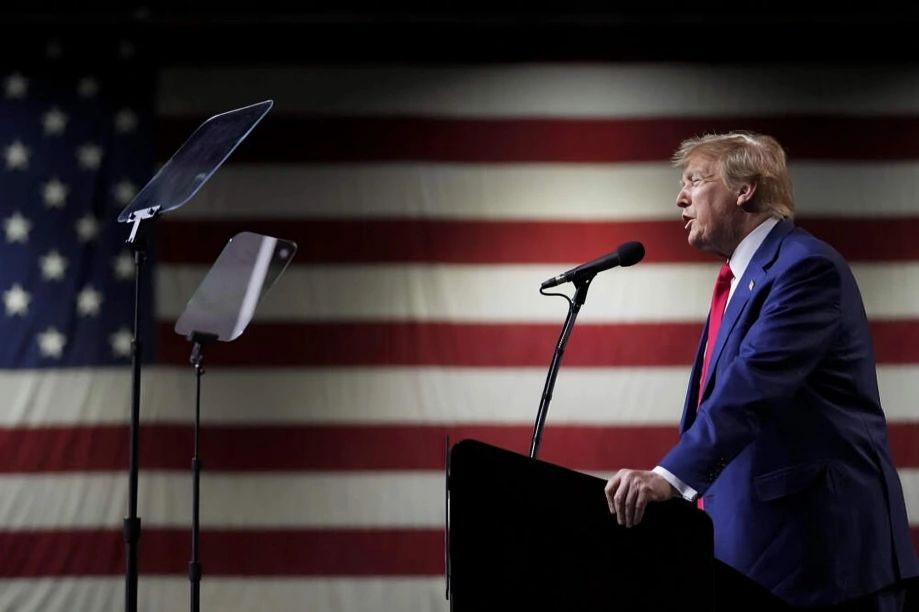
The potential return of Donald Trump to the presidency in 2025 is stirring debates across the political spectrum about the future trajectory of American democracy. Questions are being raised about whether his leadership could steer the nation towards autocracy—a notion that holds different implications for supporters and critics alike.
Is America at a Crossroads?
The discourse gains momentum as Anne Applebaum’s analysis, “Autocracy, Inc.,” has recently provided a comprehensive lens through which to evaluate such claims. Her insights have sparked widespread discussion, projecting a crucial intersection between democracy and perceived authoritarian tendencies under Trump’s anticipated second term.
In her assessment, Applebaum, a celebrated commentator on global political systems, questions, “Could Trump 2.0 indeed reshape the landscape of American governance as we know it?” She further suggests that Trump’s management style may potentially align with global trends of power concentration seen in other nations.
The Trump Supporter Perspective

However, supporters of Trump argue that under his leadership, America could witness a resurgence in institutional accountability and a reassertion of national identity, both of which they feel have been diluted by previous administrations. Proponents are quick to highlight his economic achievements and foreign policy strategies that, they claim, fostered national prosperity.
Trump ally and political strategist Steve Bannon remarked, “Trump is not about dismantling democracy. He’s about putting America first and optimizing its governance structures to face modern challenges.”
Analyzing the Role of Media and Public Opinion
The media’s role in shaping public perception cannot be understated. Critics often accuse mainstream outlets of bias, with narratives that may not always capture the complexities of Trump’s policies. A Gallup poll recently indicated a split in public opinion, with a significant portion of Americans expressing skepticism toward media portrayals of Trump’s governance.
On the contrary, publications such as The Guardian discuss the potential risks of Trump’s leadership style. The narrative emphasizes the need for vigilance and critical engagement, with Angela Davis, a political science professor, noting, “We must be wary of any policies that erode democratic norms and principles.”
Cultural and Ethical Dimensions
There is an ethical debate rooted in traditional values about maintaining a balance between strong leadership and protecting democratic ideals. The biblical premise of stewardship is a poignant reminder of the responsibilities that leaders carry in shaping societal norms and values.
The Larger Implication: An Opportunity for Dialogue
Ultimately, the dialogue surrounding Trump 2.0 serves as a catalyst for deeper reflection on American values, governance, and the nation’s role on the global stage. This period could well be an opportunity for citizens to engage in meaningful discourse, bridging divides and reinforcing a collective commitment to the nation’s foundational principles.
As America stands on the brink of potentially historic change, the need for informed citizenry, critical media engagement, and ethical governance becomes increasingly significant.
Hashtags:
- #Trump2025
- #AmericanPolitics
- #Democracy
- #Leadership
- #Governance
- #Autocracy
- #NationalIdentity
- #VeritasWorldNews
- #USPolitics
For further reading and perspectives, consider visiting The Guardian’s original report.
